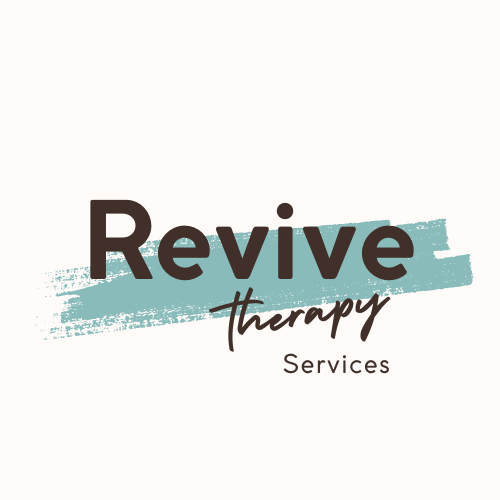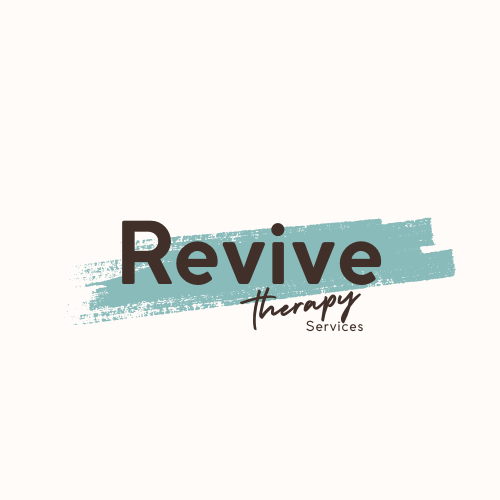Supporting Loved Ones: How to Help Someone Coping with Medical Trauma
When someone we care about is going through a challenging medical situation, it can be difficult to know how to offer support. Medical trauma can take a toll on individuals and their loved ones, and your role as a supportive friend or family member is crucial. At Revive Therapy in Philadelphia, PA, we understand the importance of a strong support system during times of medical trauma. In this blog post, we will provide you with practical tips and guidance on how to effectively support your loved ones as they navigate this challenging journey.
Be an Active Listener:
One of the most valuable ways you can support someone coping with medical trauma is by being an active listener. Allow them to express their fears, concerns, and emotions without judgment or interruption. Give them your undivided attention and validate their feelings. Sometimes, all someone needs is a safe space to share their thoughts and be heard.
Educate Yourself:
Take the time to educate yourself about your loved one's medical condition and the treatment they are undergoing. Understanding the terminology, potential side effects, and challenges they may face can help you provide more informed support. Be careful to rely on reputable sources of information and avoid spreading misinformation
Show Empathy:
Empathy is a powerful tool when supporting someone coping with medical trauma. Put yourself in their shoes and try to understand their perspective. Acknowledge their emotions, validate their experiences, and offer genuine empathy. Let them know that you are there for them and that their feelings are valid.
Offer Practical Help:
Practical assistance can go a long way in easing the burden of someone coping with medical trauma. Offer to run errands, cook meals, or help with household chores. Simple gestures like picking up prescriptions, providing transportation to medical appointments, or organizing their schedule can make a significant difference in reducing stress and allowing them to focus on their healing.
Be Mindful of Boundaries:
While it is essential to offer support, it is equally important to be mindful of boundaries. Respect your loved one's need for privacy and space. Understand that they may not always want to discuss their medical situation or their feelings, and that's okay. Let them guide the level of involvement they desire and be understanding if they need time alone or if they decline offers of assistance.
Avoid Comparison and Minimization:
Each person's medical trauma is unique, and it's crucial to avoid comparing their experiences to others or minimizing their struggles. Avoid phrases like "I know someone who went through the same thing, and they were fine." Instead, focus on validating their emotions and acknowledging the challenges they are facing. Let them know that you are there to support them unconditionally.
Encourage Self-Care:
Self-care is often neglected during times of medical trauma, as individuals prioritize their physical health. Encourage your loved one to engage in self-care activities that promote their well-being. Encourage them to take breaks, engage in hobbies they enjoy, practice relaxation techniques, and prioritize their mental and emotional health.
Offer Distractions:
Medical trauma can consume someone's thoughts and emotions. Offering distractions can provide temporary relief and a mental break from their situation. Suggest engaging in activities they enjoy, watching a movie together, going for a walk, or playing games. These simple distractions can offer moments of respite and foster a sense of normalcy.
Attend Appointments or Therapy Sessions:
If your loved one is open to it, offer to accompany them to medical appointments or medical trauma therapy sessions. Having someone by their side can provide comfort, moral support, and an extra set of ears to listen to and take notes. It also shows your commitment to their well-being and validates the importance of their health journey.
Encourage Professional Support:
While your support is invaluable, sometimes professional help is necessary. Encourage your loved one to seek therapy or counseling from a trained professional specializing in medical trauma. Trauma-Informed Therapists can provide targeted support, coping strategies, and a safe space for emotional processing. Support their decision to seek professional help and offer assistance in finding suitable resources.
Learn How to Actively Support Your Loved One Through Therapy for Medical Trauma in Philadelphia, PA
Supporting a loved one in coping with medical trauma requires empathy, patience, and understanding. By actively listening, educating yourself, offering practical help, and respecting boundaries, you can be a source of comfort and support during this challenging time. Remember that everyone's healing journey is unique, and it's important to adapt your support based on their needs. At Revive Therapy in Philadelphia, we are here to support you and your loved ones on the path to healing and resilience. Together, we can make a positive impact in their lives and help them navigate the challenges of medical trauma.
Follow the steps below to get started on your own healing path.
Read Our FAQ to answer any questions you may have.
Reach out via our convenient online contact form
Begin your journey to healing
Other Services at Revive Therapy
Getting therapy support is perfectly OK! You deserve a space to talk through life events that may be holding you back. Whether this is your first time in therapy or you’ve been here before, I am here to help you process, work through, and move toward your goals in a healthy and sustainable way. If you’re looking for other services at Revive Therapy in Pennsylvania, I offer other services. This includes Eating disorder treatment, body image issues, binge eating, and more. I offer support with EMDR therapy if you’re in need of more specialized support. Additionally, all services are offered via online therapy in Pennsylvania. When you’re ready for support. Call now!


